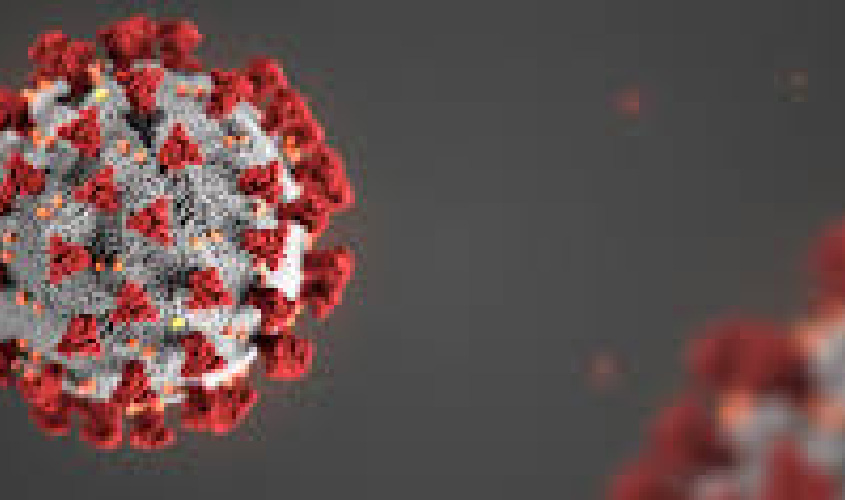The Covid-19 age may result in more services getting done from home, a trend that is expected to multiply in coming decades.
Many of our political leaders (almost all of whose children have studied in English-medium schools throughout their education) repeatedly bewail the ubiquity of the international link language in India, which hosts the second-biggest number of those speaking the language, just behind the US but more than those found in the UK. Someday, India will join what will then be termed the Six Eyes club of nations that coordinate closely with each other in matters of security. Meanwhile, among the common factors linking President Donald Trump, Prime Minister Boris Johnson and Prime Minister Narendra Modi is their vigorous call to avoid fear and panic in this age of the coronavirus. There will be many more Covid-19 cases in the three countries, some of which will end in death. However, the disease will almost certainly run its course by May, which is why the Japanese Olympic Association has postponed to that month a final decision on whether the 2020 Tokyo Olympics will go ahead as scheduled. In India, individual institutions are taking decisions on whether or not to declare holidays (in the case of schools and colleges) or cancel events such as conferences. There have been examples of behaviour that can only be described as contemptuous of the public interest, such as individuals hosting birthday parties despite exhibiting symptoms of the disease. A sore throat, sniffles and even a fever are unlikely to have been caused by Covid-19, so plentiful is the supply of germs in India. However, those having such symptoms need to quarantine themselves and get tested, should symptoms persist. The WHO has been vocal about claiming credit for the way governments are handling outbreaks, although the government that has been most successful in containing the virus has received zero assistance from the WHO, which refuses to even acknowledge its existence. This is Taiwan, which is a hundred miles off the Chinese coast, and which has contacts running in the millions of individuals with the other side of the Taiwan Straits. By using technology, the Tsai Ing-wen government in Taipei has integrated the travel history of airline arrivals with screening procedures, with mobile phones being used to warn those judged to be of higher risk of being infected to pass through special channels designed to spot signs of the disease. Those who are asked to self-quarantine (a few are sent directly to hospital) get tracked through their smartphones to ensure that they are obeying such a command rather than moving out of their homes and potentially placing others at risk. Testing is quick and reliable, and public medical attention of a much higher standard than that found in the US, where falling ill is a nightmare except if the patient be a millionaire. As a consequence, the number of coronavirus cases is less than four dozen, despite the extensive linkages between the two sides of the straits. Perhaps there may be someone in the WHO, who has heard of Taiwan, and who can ensure that the methods used to keep the Taiwanese population reasonably safe get used elsewhere, especially the use of the smartphone and Big Data to monitor and control the spread of the disease. India, with its expansive smartphone-enabled population, would be able to adopt several of the techniques that have worked well in Taiwan to limit the spread of the virus.
Although China has thus far been the worst affected by Covid-19, besides being the origin of the disease, it must be said that the measures put in place for detection and containment since the closing week of January have been helpful in ensuring that much of the rest of the world reacted in an energetic manner to the risk of a pandemic. The quarantining of a city of 11 million was the shock that brought home to the globe the danger that was spreading invisibly in their midst. Covid-19, probably, made its appearance within some form of animal life in China during October 2019, acquiring the ability to spread from them to human beings a few weeks later. Had authorities in Wuhan understood the toxicity of the new disease by November 2019 and taken steps to limit its spread, China and, subsequently, the world may have been spared substantial grief. It took six weeks between the recognition by authorities in Wuhan that an unknown virus similar to SARS was in droplets settling on multiple surfaces and infecting a growing number of humans. Finally an SOS was sent to the Chinese Communist Party leadership core in Beijing. After this information was received by President Xi Jinping and flagged as a potentially catastrophic crisis
The Covid-19 age may result in more services getting done from home, a trend that is expected to anyway multiply in coming decades. It may generate an expansion of digital-based enterprises, some of which may in future take on Chinese and American rivals. Every threat is an opportunity and India needs to respond to the Covid-19 menace in such a manner.

